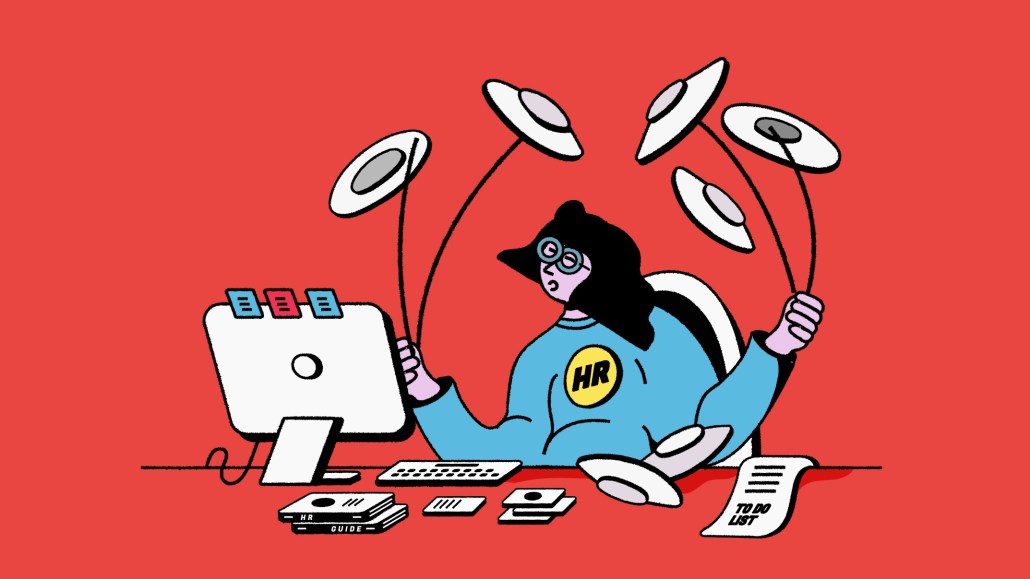Secure your place at the Digiday Media Buying Summit in Nashville, March 2-4
Bad hiring practices are harming employer brands, shrinking talent pools

This article was first published by Digiday sibling WorkLife
Poor hiring practices are starting to bubble up for employers, and not in a good way.
A growing number of people are airing their grievances about badly conducted hiring experiences, which are a turn-off to other candidates, according to data from platforms like Glassdoor.
On Glassdoor and Indeed, job seekers who had poor hiring experiences are dropping “Yelp-like feedback,” about certain companies, giving written reviews and numbered ratings that can be hard to turn around, said Neil Costa, founder and CEO of HireClix, a recruitment marketing services company.
“If it’s a downward trend, it’s just like getting a C on your midterm. It’s hard to bring your average up over time,” Costa said.
Some of those poor practices include ghosting, or starting the interview process with candidates then cutting off all communication without an explanation. There’s also love bombing — where candidates are showered with praise only to be lowballed with a salary offer or title not aligned with their experience. Hard-to-navigate careers pages or hiring portals are another issue irking job seekers, along with lengthy take-home assignments.
Ex-employees have long turned to sites like Glassdoor to write scathing reviews about employers they feel mistreated by, having worked there for a period. That’s always been a red flag for job candidates who do their research thoroughly. But people are now writing bad reviews about how employers conduct interviews, which is equally damaging for an employer’s brand and could turn off others before they even apply, shrinking talent pools and hiring teams’ chances of finding the right person for a role, recruitment professionals say.
Negative hiring experiences and an overall lack of trust can lead job seekers to apply elsewhere, like to competitors instead. But there are some ways HR leaders and others can maintain a positive employment brand and improve their reputation regarding their hiring process.
To read the full article click here
More in Marketing

Future of Marketing Briefing: AI’s branding problem is why marketers keep it off the label
The reputational downside is clearer than the branding upside, which makes discretion the safer strategy.

While holdcos build ‘death stars of content,’ indie creative agencies take alternative routes
Indie agencies and the holding company sector were once bound together. The Super Bowl and WPP’s latest remodeling plans show they’re heading in different directions.

How Boll & Branch leverages AI for operational and creative tasks
Boll & Branch first and foremost uses AI to manage workflows across teams.








